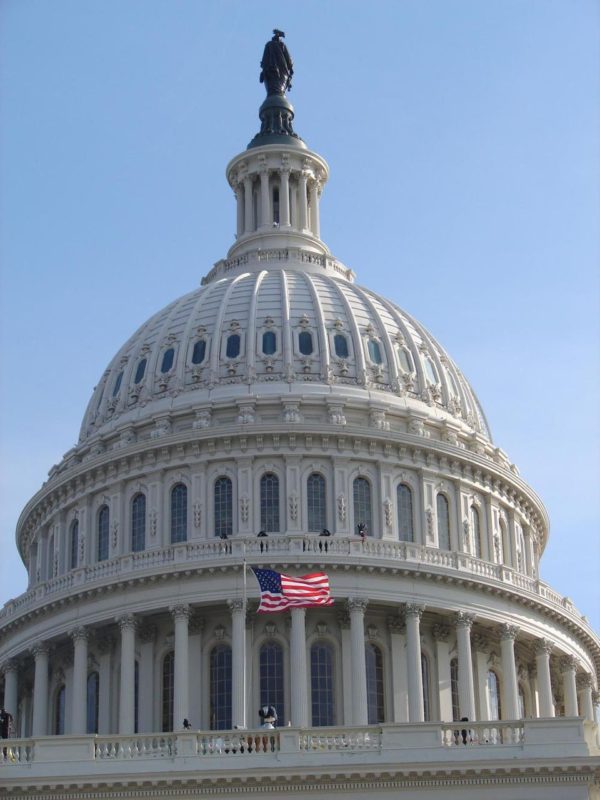 Federal Funding for Equine Therapy?
Federal Funding for Equine Therapy?
This summer, the U.S. House of Representatives approved an amendment to the “Make America Secure Appropriations Act” (H.R. 3219) offered by Rep. Andy Barr (R-KY), a bill that will increase equine therapy funding for veterans by $5 million during FY2018. However, before the equine therapy provision becomes law, House and Senate lawmakers must convene a “conference” to negotiate final legislation for a vote in both chambers, and present the bill to the President for his signature.
Your Help Needed To Keep Guest Worker Program
The American Horse Council is urging horse people to advocate for legislative solutions to the federal government’s beleaguered temporary worker visa program. In mid-January, the government hit the 33,000 visa cap for the first half of the year. In March, the agency met its 33,000 visa allocation for the second half of 2017, leaving many small businesses who rely on seasonal labor without workers for the summer months. Although DHS issued an additional 15,000 visas on July 17, the agency issued those visas on an ad hoc, discretionary basis, undermining common sense business planning. The July decision will also create limited benefits for small businesses relying on summertime help.
AHC requests that you tell lawmakers to support the Senate Bill 792 Save Our Small and Seasonal Businesses Act of 2017 (S. 792), a bipartisan bill which would establish clear guidelines for employers hiring H-2B workers, assuring that U.S. citizens are not displaced in the job market, provide cap relief by establishing a common sense exemption for well-vetted workers who have already held a visa during the previous three years, and require increased coordination between the Departments of Labor (DOL) and Homeland Security (DHS) to reduce red tape and delays.
The similar House Bill is 2004: Strengthen Employment and Seasonal Opportunities Now Act of 2017, which would expand exemptions for workers who have previously been vetted by immigration officials, thereby increasing cap relief, establish expedited processing of applications to meet labor demands during peak seasons, and exempt temporary visa holders from tax credits otherwise available to full-time U.S. residents, thereby reducing costs to taxpayers.













